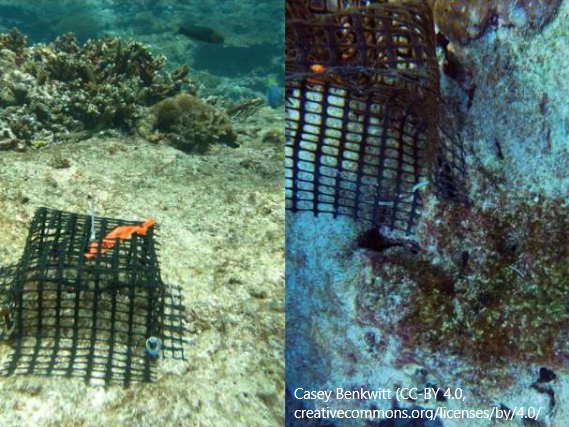
Ecosystems are characterized by interconnected structure and functions. A study published in the open-access journal PLOS Biology by Casey Benkwitt at Lancaster University, United Kingdom and colleagues suggests that restoring seabird populations via eradication of rats may help coral reefs by restoring nutrient connectivity in disrupted food chains.
Invasive rats in the Seychelles have decreased native seabird populations. However, the mechanism by which seabirds may impact coral reef ecosystem structure and function across multiple food chain links is unknown. In order to quantify the ecosystem-wide food chain disruptions from species decline, researchers analyzed the movement of nutrients from seabirds through a marine ecosystem in five marine study sites across four islands in the inner Seychelles.
One of the islands had invasive rats that predate seabirds, one island had rats eradicated, and two of the islands were historically rat-free. They accessed breeding bird survey data to estimate seabird biomass and measured seabird-derived nutrients in turf algae, as well as turf algae growth and cover, and herbivorous fish biomass and productivity across all five study sites.














